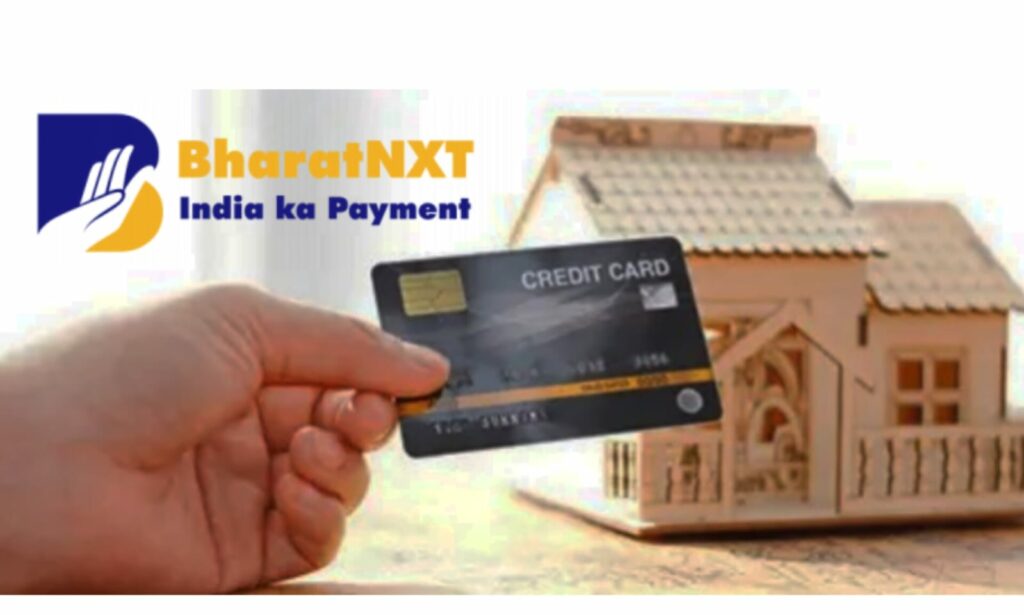Over the past ten years, there are so many changes made to payment methods to meet the needs of both consumers and businesses. When you go shopping, then, you have different ways to pay, for example, online payment app, virtual cards, mobile wallets, and one-click buttons that make the process so quick and easy.
The payment method you choose depends on various factors, such as the cost of the transaction, how fast it is, how appropriate and reliable the payment is, and how secure it feels. When businesses get suitable ways to pay, then they can simply intensify their financial procedures by decreasing unpaid bills. They will collect the payment faster and more methodically, and also, they can make transactions more cost-effective.

The same applies to business-to-business (B2B) payments. As technology in banking is improved and more fintech companies are rising up, that’s why businesses are adopting better methods for making payments to each other. It’s all because of the risk of fraud, labor shortage, and limited funds available.
When it comes to selecting the best B2B payment method then, it is quite different from personal shopping experiences or when you pay electricity bills. Professionals in financial departments, such as account receivable (AR) professionals and chief financial officers (CFOs), understand the everyday challenges they face. B2B payments require more than just speed. There are some other things that come into play.
Many businesses expect vendors to be able to accept credit card payments as well as online credit card payments, as it is a common practice in reputable business transactions. So when a business accepts payment with a credit card, then it provides several advantages.
- Satisfaction and better customer service:
Customers always prefer the ease of paying with a credit card because it can avoid the need to provide information over the phone and opt for a simple click-and-go process. Credit card providers also provide us with rewards, such as cashback and airline miles, and this attracts customers.
- Getting paid faster:
We all have witnessed that when we pay with cheques, we acknowledge proper processing methods that are time-consuming. And that causes delays in accessing money and also affects the cash flow. So by accepting credit card payments, we can go for quick transactions, and this way, we can get our money faster. One more advantage is that customers can delay their out-of-payments until their credit card bill is due while they already have the money.
- Increased cash flow:
Cash flow and accounts receivable are viral for businesses. So by accepting credit card payments, we can manage cash flow better and reduces account receivables as it is the faster payment method, so we can handle expenses and investments more methodically.
- Get discounts:
Some platforms, like credit card payment apps and others, give discounts for B2B vendors through processing. This option provides lower transaction costs because of the detailed transaction date. It reduces fraud risks and improves processing orderliness.
In a nutshell:
So ending point is that accepting credit card transactions benefits businesses and customers alike. By reading all the above points, we can say that it’s a mutually beneficial arrangement that created a win-win situation for both the business and its customers. Now, you can also use credit card payment apps for mobile recharge.